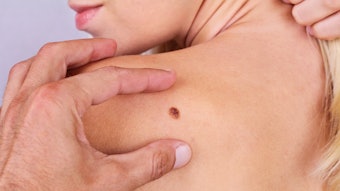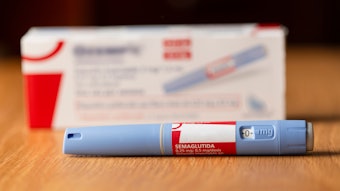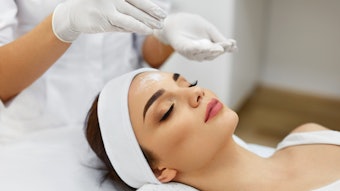
Approximately seven in every 10 plastic surgery trainees have experienced microaggressions in the past year, according to the outcomes of a survey published in the December 2021 issue of Plastic and Reconstructive Surgery – Global Open.
Related: Linear Modeling To Reduce Bias in Residency Programs
Researchers from the department of plastic and reconstructive surgery at the Ohio State University Wexner Medical Center in Columbus, Ohio, distributed the survey between March and May 2021 via the American Society of Plastic Surgeons Resident Representatives to 1014 integrated and 214 independent track plastic surgery trainees in the United States.
Related: A Guiding Hand: Finding a Mentor
The survey consisted of 15 questions including eight questions querying information about demographics, such as age, race, gender (biologic sex), sexual orientation, postgraduate year (PGY) and region of residency, and seven specific questions relating to microaggressions.
Of the 125 respondents (response rate: 10.2%), 68.8% had experienced microaggressions in the past year.
Related: Allergan Aesthetics and Skinbetter Science Launch DREAM Initiative
In examining the responses, they found that female trainees had higher odds of being questioned about their strength and/or ability and reported that pregnancy and/or family planning were discussed in a negative way. They also have higher odds to be mistaken for a nurse, surgical sales rep or physician assistant by their coworkers, patients or patient’s family. In addition, female trainees had higher odds of being treated differently by staff and not to have lead shielding sized for their frame while working in the operating room.
Related: AACS Announces Women in Cosmetic Surgery Membership Section
Asian trainees had higher odds to be a target of microaggressions compared with White trainees.
Nonheterosexual trainees were more likely to have experienced microaggressions compared with heterosexual trainees. There were higher odds for nonheterosexual trainees to think that the materials in lectures, continuing medical education and/or formal presentations were demeaning to their gender or sexual orientation and to be treated differently by staff because of their gender or sexual orientation compared with heterosexual trainees.
Related: ASPS To Launch Pride Forum
The data further revealed that independent trainees were more likely to experience microaggressions than PGY 1–2 and 3–4 integrated residents. Integrated PGY 1–2 trainees were less likely to be mistaken for a nurse, representative or physician assistant by a patient or patient’s family than independent trainees. In addition, integrated PGY 3–4 residents were less likely to be treated differently by staff compared with independent trainees.
The study’s authors note that previous studies have shown that microaggressions can negatively compromise health and cause long-term psychological distress, anxiety and depression that can affect work performance and result in burnout. Microaggressions can also impact trainees’ decisions about their medical future, leading them to consider leaving medicine or retiring early.











